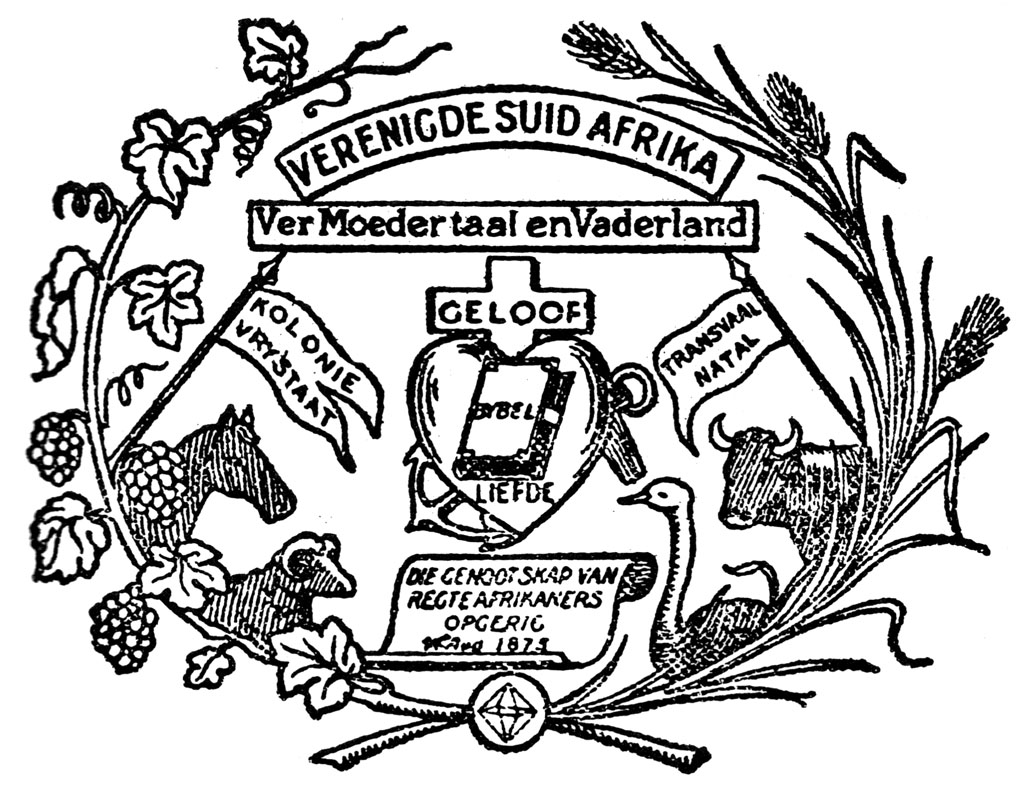Home › Forums › NATS NIBBLES › AFRIKAANS AND AFRIKANERSHIP, INCEPTION. PART ONE-ANDRE SMIT
- This topic is empty.
Viewing 1 post (of 1 total)
-
AuthorPosts
-
2024-05-04 at 17:11 #448525
 Nat QuinnKeymaster
Nat QuinnKeymaster
There is a great confusion among us as a people and the world about the origin of Afrikaans and Afrikanership.
The origin of us as a people known as the Boer or Afrikaner people has a rich history. FOLK POWER NEWS saw fit to post a series about the emergence of us as a people.
Folk planting
At noon at 14h30 of 5 April 1652, Table Bay was spotted by the chieftain of the Drommedaris, one of the three ships with which Commander Jan van Riebeeck landed at Table Bay on 6 April 1652 to establish a refreshment post for the VOC.
The other two ships were the Goede Hoop and the Reijger, who joined the Drommedaris on the Cape coast at four in the morning. The ships continued to empty near the coast on 6 April, while Adam Hulster, the bookkeeper, and the undersecretary, Aernt van Ieveren, set out by sloop to explore Table Bay.
Although Jan van Riebeeck and his company did not disembark at the Cape on 6 April 1652, he himself regarded this day as the birthday of the settlement.
THE CULTURAL SIGNIFICANCE OF THE FIRST AFRIKAANS WRITINGS UP TO 1900
The information was obtained from the official 1940 University of Cape Town working paper
Mini-dissertation offered in partial fulfilment of the requirements for the degree of M.A. in Dutch and Afrikaans at the University of Cape Town. October 1940.
INTRODUCTION
A. GENERAL LANGUAGE CONDITIONS.
Before the arrival of the English at the Cape and thereby the English language, Dutch was the language of Law and Management, Church and School.
“Educated” people, especially in Cape Town, probably still spoke relatively pure Dutch; but in the countryside the Dutch language must have developed quite far in the direction of Afrikaans under all stands.
Because Dutch was used by the “intellectual and educated” people as written language and colloquial language, Afrikaans was associated with the uneducated and undeveloped lower classes and and regarded as flat.
Until about 1825, not much change came in the common language conditions. Now, however, the Anglicization policy of the Government begins, and the management and legal language become exclusively English.
The anglicization also works its way through to other areas; at school, almost no attention is paid to the study of Dutch anymore; also, attempts are being made to have the English language entranced into the Dutch Church.
Afrikaner people come into opposition
The people now came into opposition to the anglicisation especially in Church and School, but the influence that had acted on the higher circles of the Afrikaner people was too strong, with the result that many were disenfranchised from their national affiliation.
The people are now almost without leaders and the resistance is therefore disorganized. Through neglect, the knowledge of Dutch is deteriorating more and more and English is taking its place. In towns, too, anglicisation takes place on a large scale because Afrikaners simply let themselves be dragged along and offer no more opposition.
Under such circumstances, therefore, denationalisation of the Afrikaners would not have been reversed without shocking events, which then also came in the form of clashing against the English in the free Boer republics in the North.
The national feeling is now growing stronger, and young intellectuals in particular are urging the people to resist British supremacy. In every national movement, language is an important factor, and here, too, it plays a major role.
One group of Afrikaners wants to try to revitalise the dwindling Dutch language, while another group feels that Dutch is lost beyond redemption and therefore grabs for Afrikaans. Because language is such an important factor, we should now take note of the first examples of written Afrikaans; how the proponents dared to make the first Afrikaans books, because the big obstacle was that no written Afrikaans existed while there were enough English and Dutch books.
The proponents therefore realised that they had to start writing books in Afrikaans to serve as learning tools and propaganda pieces and to defend their case against the accusations that now come from all sides that Afrikaans is no language because it does not exist in written form.
Early in the second half of the 19th century, people wrote in Afrikaans, but not yet with the aim of promoting the language, but more out of an urge to be funny. The writings were then also slighted and reviled as the version of a Hottentots language.
It is only around 1870 that people begin to realise that if they want to save the Afrikaner people from ruin, they must reach for the Afrikaans language and instill in the people a sense of pride in their nation and their own language. It is therefore from now on that they start attaching a national meaning to the Afrikaans language and start advocating for its recognition in all areas.
Although virtually every national movement has its roots in intellectual circles, its real strength and value lies in the popular masses.
It was also realised here that an appeal had to be made to the entire Afrikaner people and not just the educated and developed part of the people. There had to be instigated in this popular mass a language consciousness and nation consciousness, for if there were unity of thought and striving, infinitely more could be achieved.
It is then especially by using the Afrikaans language as a means that the quarrelers achieve their goal. Writings of all sorts are published and distributed among the people, and reading and writing lust is instigated by this.
SOURCE:AFRIKAANS AND AFRIKANERSHIP, INCEPTION. PART ONE – People’s Power News (volkskrag.co.za)
-
AuthorPosts
Viewing 1 post (of 1 total)
- You must be logged in to reply to this topic.
